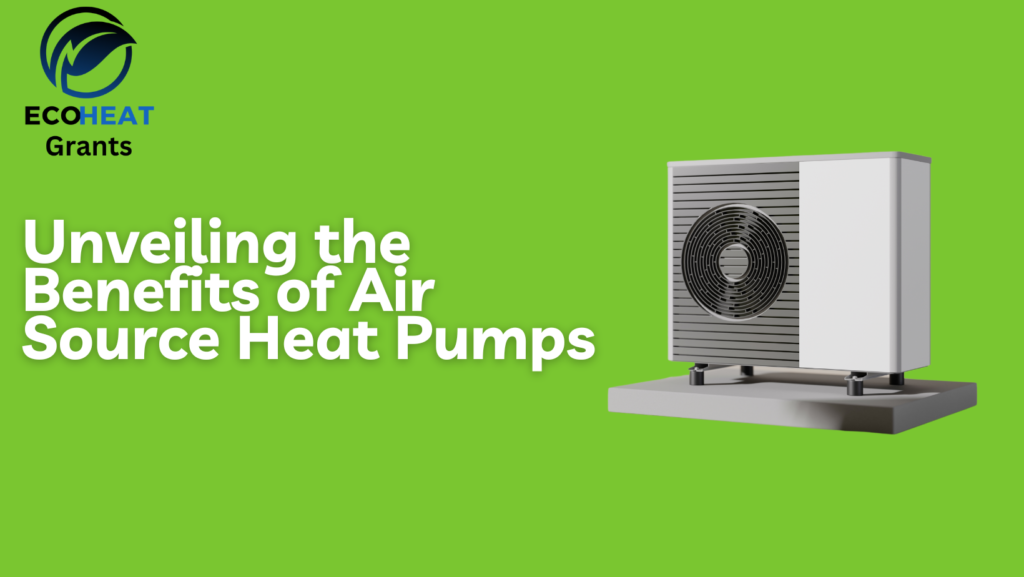
Introduction:
In the pursuit of sustainable and eco-friendly alternatives, air source heat pumps have emerged as a key player in the realm of heating and cooling solutions. These innovative devices have garnered attention for their efficiency, environmental friendliness, and cost-effectiveness. In this article, we will explore the numerous benefits of air source heat pumps, shedding light on why they are becoming increasingly popular in both residential and commercial applications.
Energy Efficiency:
Air source heat pumps are renowned for their exceptional energy efficiency. By harnessing the freely available ambient air, they can extract heat even in colder climates. These systems typically operate on electricity to transfer heat from the outdoor air to the inside of a building, providing an efficient alternative to traditional heating systems. The efficiency of air source heat pumps can result in significant energy savings, contributing to lower utility bills and reduced carbon footprints.
Environmental Friendliness:
One of the standout features of air source heat pumps is their environmentally friendly operation. Unlike conventional heating systems that rely on fossil fuels, air source heat pumps use electricity to move heat, making them a cleaner and greener option. By reducing reliance on non-renewable energy sources, these pumps contribute to lower greenhouse gas emissions, helping combat climate change and promote a more sustainable future.
Versatility in Heating and Cooling:
Air source heat pumps offer a dual functionality, serving as both heating and cooling systems. During colder months, they extract heat from the outdoor air and transfer it inside to warm the space. In warmer weather, the process is reversed, with the pump extracting heat from the indoor air and releasing it outside, effectively cooling the interior. This versatility eliminates the need for separate heating and cooling systems, providing a comprehensive solution for year-round comfort.
Cost Savings:
While the initial investment in an air source heat pump may be higher than traditional heating systems, the long-term cost savings are substantial. The energy efficiency of these pumps results in lower monthly utility bills, and many regions offer incentives, rebates, or tax credits to encourage their adoption. Additionally, the reduced maintenance requirements and longer lifespan of air source heat pumps contribute to overall cost-effectiveness.
Low Environmental Impact
Air source heat pumps have a lower environmental impact compared to other heating and cooling technologies. With no on-site combustion and minimal emissions, they contribute to improved air quality and help decrease the demand for finite fossil fuels. The use of electricity allows for integration with renewable energy sources, further enhancing their eco-friendly profile.
Conclusion:
In conclusion, air source heat pumps represent a modern and sustainable solution for heating and cooling needs. Their energy efficiency, environmental friendliness, versatility, cost savings, and low environmental impact make them an attractive choice for individuals and businesses looking to embrace a greener and more efficient approach to climate control. As technology continues to advance, air source heat pumps are likely to play an increasingly vital role in the transition towards a more sustainable and resilient future.


